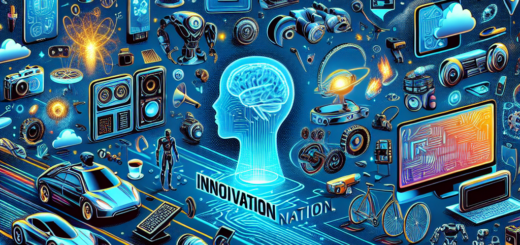A Look at the Social, Political, and Economic Structures of Utopian Societies
Utopian societies have long been a popular concept in literature and philosophy, offering a vision of an idealized community where harmony, equality, and prosperity reign supreme. While these societies are often portrayed as idyllic and perfect, they also serve as a means to critique and explore the flaws of existing social, political, and economic structures.
In terms of social structures, utopian societies typically emphasize communal living, cooperation, and equality among its members. In many utopias, private property is abolished, and resources are shared equally among all citizens. This creates a sense of unity and solidarity within the community, as everyone works together for the common good. In addition, there is often a strong emphasis on education, arts, and culture, with an emphasis on personal development and fulfillment.
Politically, utopian societies are often depicted as being governed by a system of direct democracy or consensus decision-making, where all members have a say in the running of the community. This ensures that everyone’s voice is heard and that decisions are made collectively, rather than by a select few in positions of power. In some utopias, there is no need for a formal government at all, as the community operates based on shared values and principles.
Economically, utopian societies often reject traditional capitalist structures in favor of more equitable and sustainable models. In many utopias, goods and services are produced and distributed based on need rather than profit, with an emphasis on cooperation and mutual aid. This leads to a more equal distribution of wealth and resources, as well as a focus on ecological sustainability and social welfare.
While utopian societies offer a compelling vision of a better world, they also raise important questions about the feasibility and practicality of implementing such structures in reality. Critics argue that human nature is inherently selfish and competitive, making it difficult to maintain the level of cooperation and equality seen in utopian societies. In addition, the lack of individual freedoms and personal autonomy in some utopian societies raises concerns about the potential for authoritarianism and oppression.
Despite these criticisms, the concept of utopian societies continues to inspire and challenge us to imagine new possibilities for social, political, and economic organization. By exploring the strengths and weaknesses of these idealized communities, we can gain a deeper understanding of our own society and work towards creating a more just and equitable world for all.












